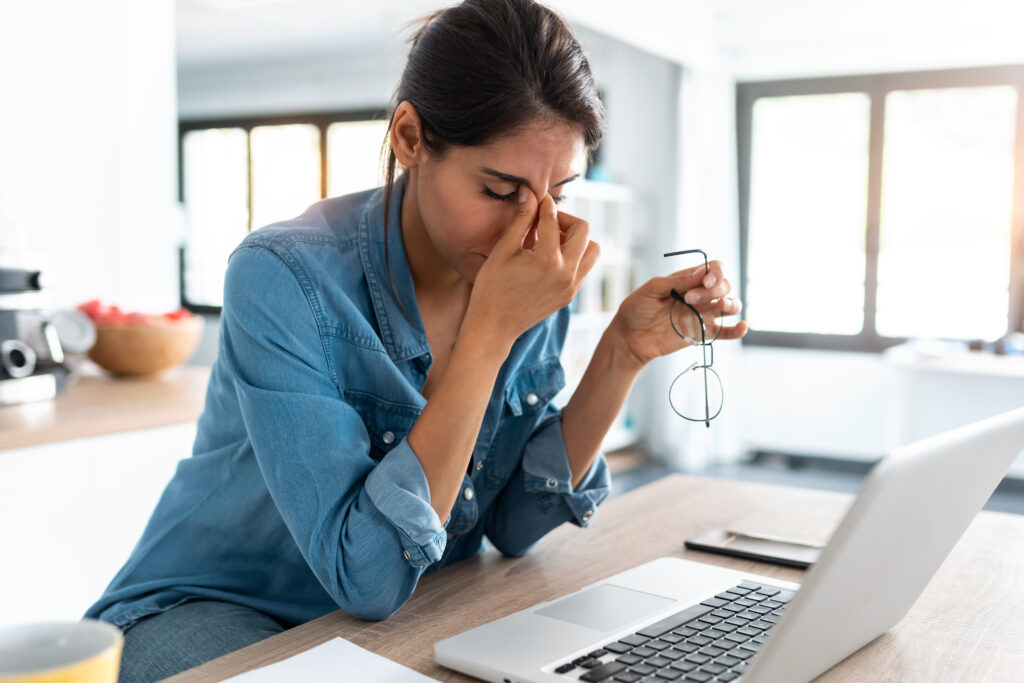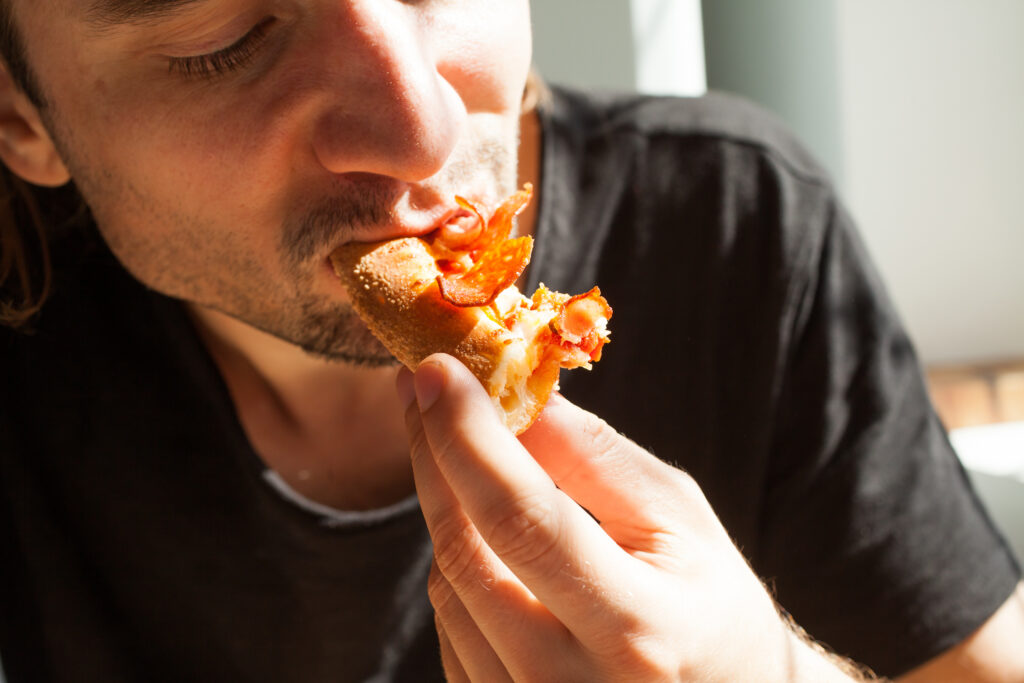Mouth ulcers are a common problem that can affect anyone of any age, gender or background. One singular sore may appear, or you may be unlucky enough to have several at the same time.
We don’t fully understand what causes mouth ulcers or why some people are more likely to get them than others. It’s thought they may be linked to a weakened immune system, they can also run in families or be triggered by other factors such as injuring the inside of your mouth, being ‘run down’ or certain foods.
Although mouth ulcers can be painful, they usually heal in about 2 weeks without causing any major problems. Anyone can get them, but they are more common in women than men, with most people first experiencing them when they are a teenager or young adult.
They may not always be preventable, but understanding more about the causes of ulcers in the mouth may help you identify what might be triggering yours.
Remember, if you have a problem with an ulcer that does not appear to be healing, is interfering with your normal activities or you keep getting mouth ulcers, it’s time to see your doctor to get things checked out.
Common causes of mouth ulcers
1. Minor injuries

One common reason a mouth ulcer develops is that you have grazed or injured the soft tissue in your mouth that creates an open wound.
There are lots of different ways this can happen, including:
- Accidentally biting your tongue or the inside of your cheek or lip
- Ill-fitting dental braces and dentures or a tooth’s rough edge rubbing against your gums or the lining of your mouth
- Using your toothbrush a bit too vigorously and bumping the delicate tissues inside your mouth
- Burning your mouth when drinking something too hot.
2. Stress

You may find yourself more prone to mouth ulcers when life gets stressful. This could be during periods of either physical or emotional stress, such as being ‘run down’ or tired through lack of sleep, be linked to other illnesses or when you are feeling anxious.
The exact mechanism linking stress and mouth ulcers isn’t entirely understood. Stress may have an impact on the immune system and may trigger mouth ulcers in some people. If this turns out to be one of your triggers, then getting plenty of rest and managing your day-to-day stress levels may be an important part of preventing or reducing the number and severity of painful ulcers you get.
3. Hormonal changes

Did you know hormones can affect your oral health? One reason women are more likely to suffer from recurring mouth ulcers than men are the natural hormonal fluctuations that occur during their monthly periods (menstrual cycles) or pregnancy.
This is thought to be linked to the changes that may occur in the mouth when the level of a hormone called progesterone peaks. This hormonal surge in the days before a woman’s period starts can trigger painful mouth ulcers as well as other changes, such as swollen or bleeding gums. These symptoms usually start to clear up once the progesterone levels drop and the period starts.
Progesterone levels also increase during pregnancy, making pregnant women are more susceptible to gum disease and swollen or bleeding gums as well as mouth ulcers.
4. Food sensitivities and allergies

Some people find that certain foods may trigger their mouth ulcers. This can be because the food may irritate the delicate tissues lining the mouth, or they may have an intolerance or allergic reaction to a particular food.
Common foods that have been linked to recurring ulcers and food intolerances or allergies in some people include milk, cheese, wheat, chocolate, pineapple and citrus fruits. Sometimes it may be added preservatives that are causing the problem, such as sulphites (added to dried fruits) or benzoates (often found in soft drinks).
5. Medications

There are many different types of medications used to treat other health conditions that can cause mouth ulcers in some people. If you think your medication may be causing your mouth ulcers, it’s important to talk to your healthcare provider.
Beyond the sting
You won’t always be able to prevent a mouth ulcer from developing, but there are simple steps and mouth ulcer treatments you can take to help reduce the pain and help speed up healing when they do occur. These include:
- Using a protective topical treatment – such as Kenalog in Orabase® – that helps relieve pain and inflammation, provides a protective barrier against further irritation and helps speed up healing
Do not use Kenalog in Orabase® if you are pregnant or intend to become pregnant, unless you have discussed this with a doctor. Your doctor will advise you. - Making a few dietary adjustments to avoid spicy, acidic or abrasive foods that may aggravate your ulcer.
- Practice good oral hygiene with a soft-bristled toothbrush and gentle brushing to prevent additional injury
- Maintaining a balanced diet to help support your overall health.

